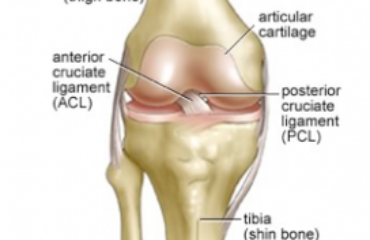There are around one million knee replacements that happen every year in the United States alone. A majority of people who undergo knee replacement surgery report having far less pain. The average age of a person undergoing knee replacement surgery is 70, although there are patients who have the surgery who are much younger or older. Some patients have multiple knee surgeries because the replacement cannot last forever. If you have been experiencing knee pain, you may have asked yourself, “Should I get a knee replacement?” So, how do you know when to get a knee replacement and what should you expect when undergoing the procedure.
As people age, many begin noticing pain in their joints. The pain may be dull at first. But, it typically worsens as time passes. At this point, patients try everything. They try over the counter anti-inflammatories, they put ice on the knee, get plenty of rest, avoid playing sports. They have visited their doctor, tried physical therapy, and cortisone injections. And all to no avail. The pain may keep them up at night, and they notice that over time, they cannot live their normal lives, and their quality of life has greatly diminished.

After visiting a doctor and trying a plethora of conservative treatments with no help, it may be time to consider a knee replacement. The knee is the most commonly replaced joint in the entire body. After visiting an orthopedic surgeon who specializes in knee surgery, you will go through a variety of tests and imaging scans to give the surgeon a better idea of what may be causing the pain. If they recommend surgery, it may be time to take the plunge. If your problem does not seem severe, the surgeon may recommend arthroscopic surgery or other joint preservation procedures. However, if the damage is extensive, a total knee replacement may be needed.
Many surgeons try to avoid total knee replacements for as long as possible because knee replacements are not permanent. While they have greatly improved over the years, and now last for much longer than before, they do still need to be replaced after years of wear and tear. However, sometimes, the knee joint is so damaged, there is no other choice. There is no doubt your physician will require you to undergo physical therapy after the total knee replacement to regain movement and strength. Surgery alone is not enough.
At the end of the day, the only way to tell whether or not you need a total knee replacement is by evaluating how you feel and consulting with an orthopedic surgeon. We all know when our bodies feel off. When we have tried everything, but nothing seems to be helping. If the pain you are living with is unbearable and is greatly impacting your quality of life, it may be time to schedule a consultation visit with a surgeon. Your orthopedic surgeon can help you decide the correct treatment plan for your specific situation.


